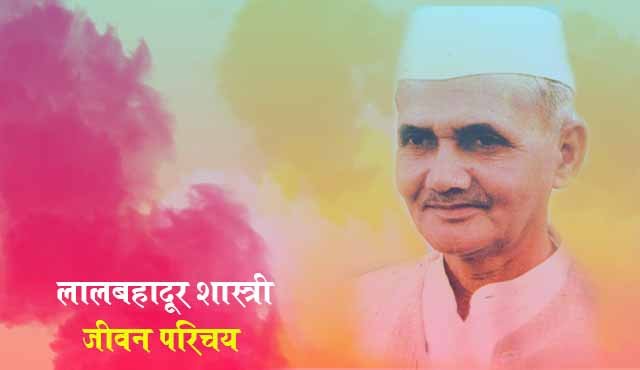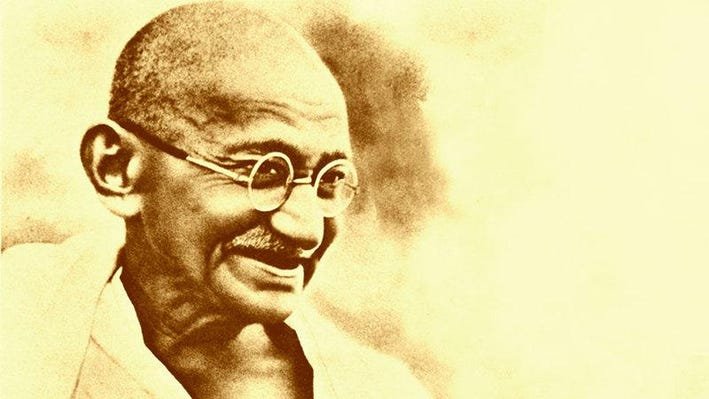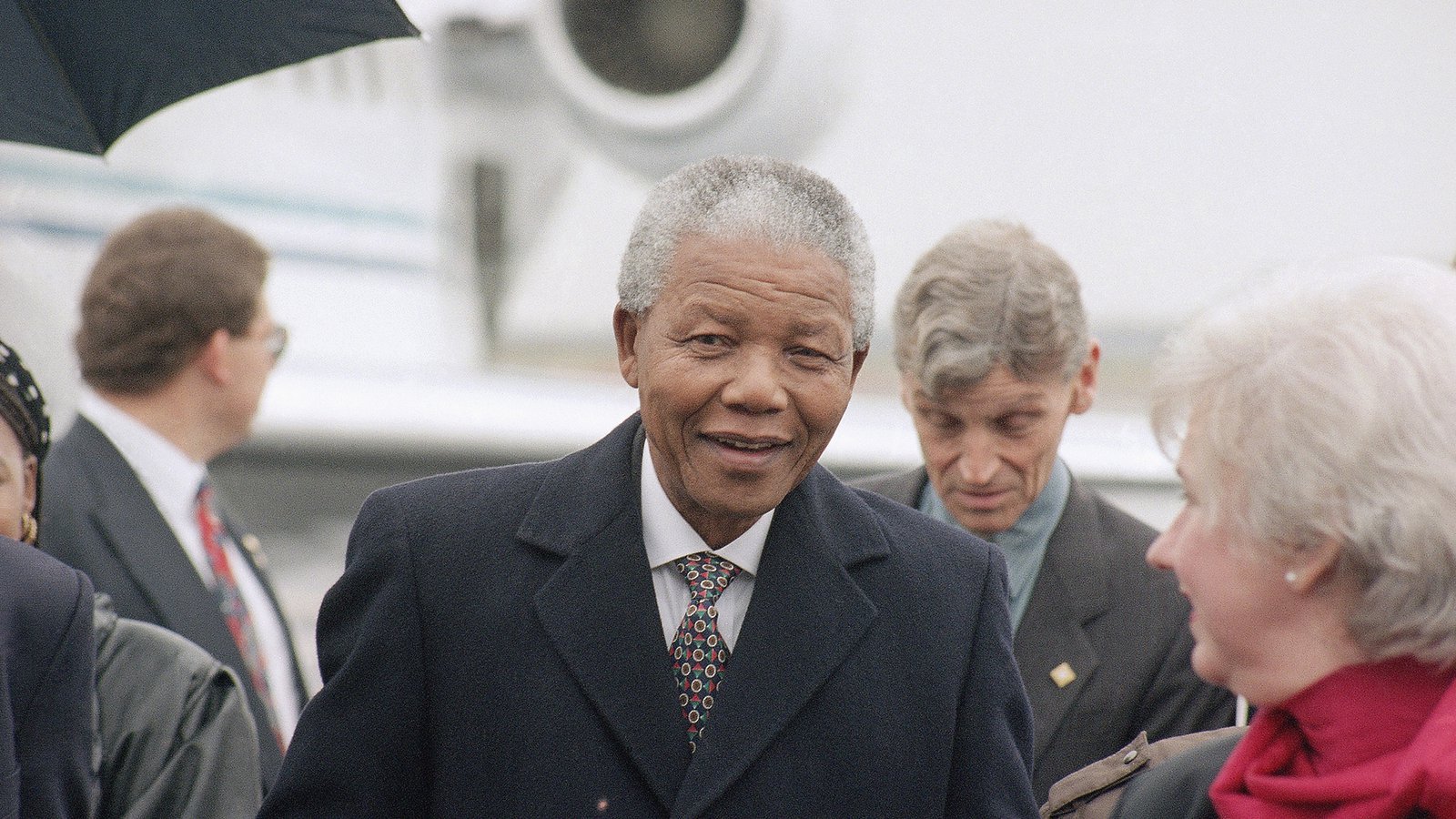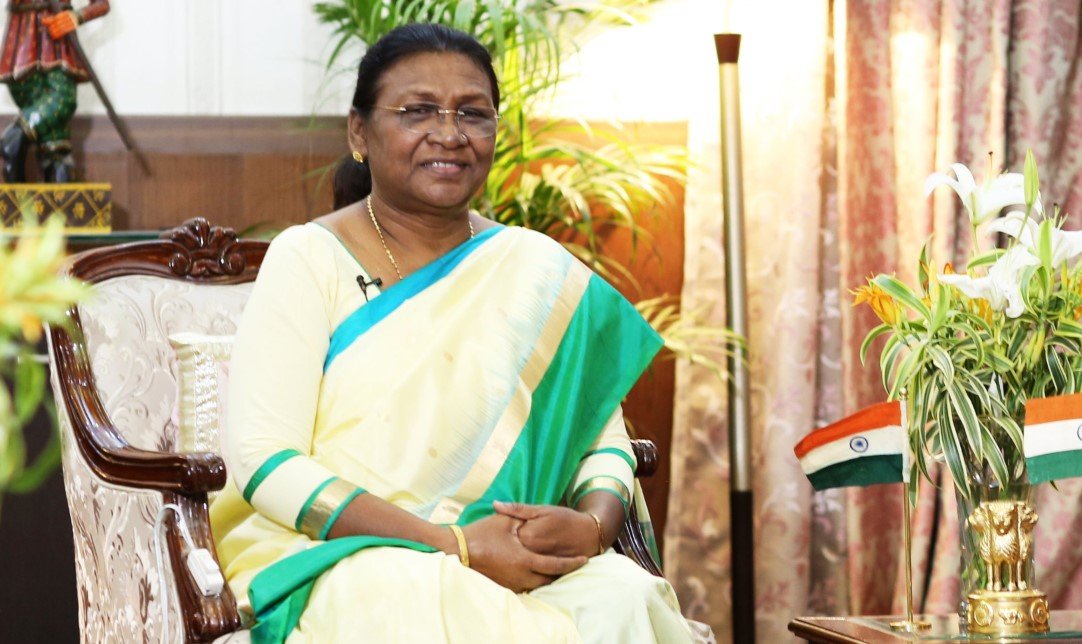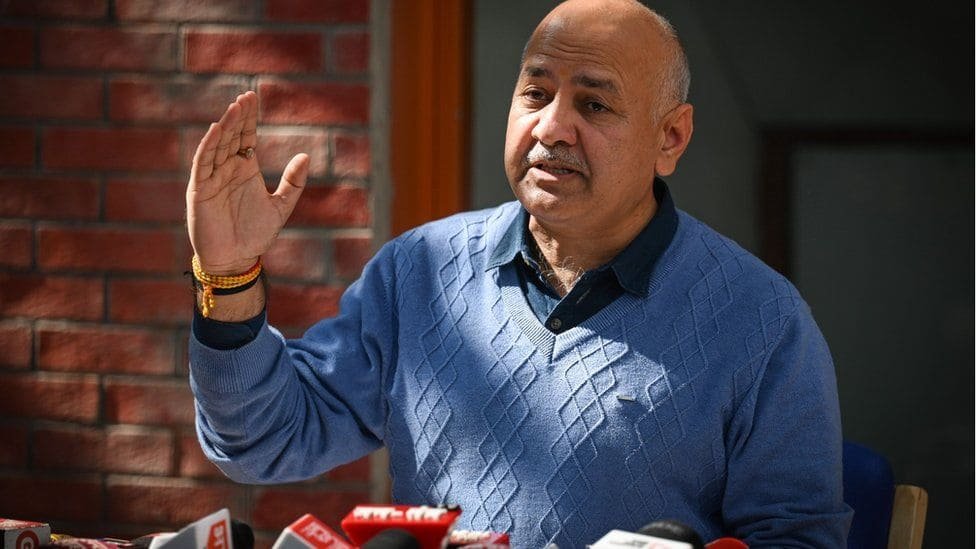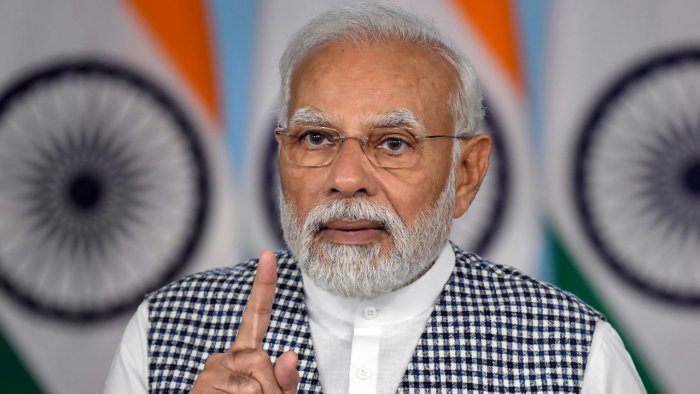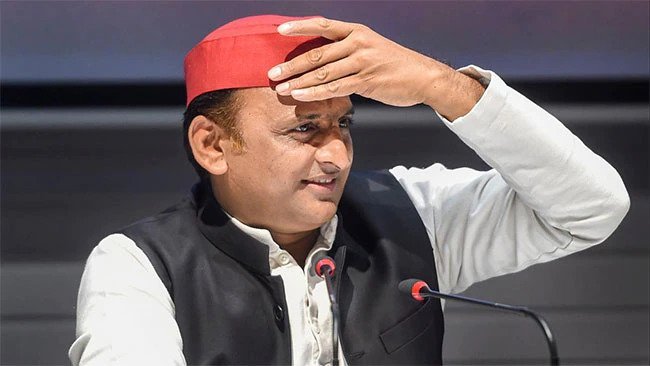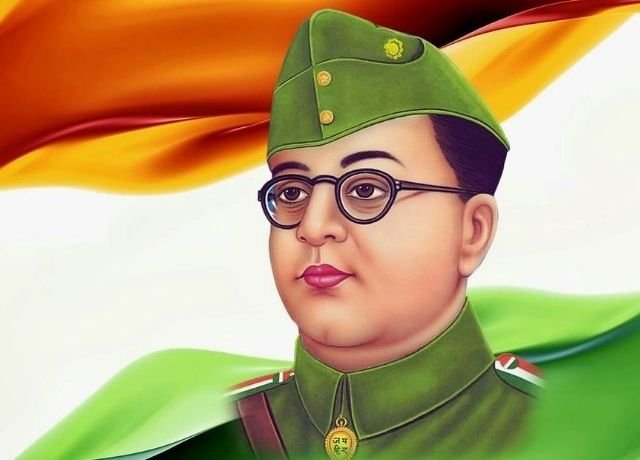
Biography of Subhas Chandra Bose.
- ■ Attlee was the Prime Minister of Britain at the time of our country's independence in 1947. After independence, Attlee visited India for the first time in October 1950. At that time he was admitted to the hospital by the then Governor Manibhushan Chakraborty. During this meeting, Mani Bhushan asked a question to A Petli in the baton-batten. The reasons for which you gave independence to India. How much did Mahatma Gandhi's freedom struggle contributed to those reasons? To this Atlee replied – Minimum means very little. Actually Atlee's answer was not wrong.
- ■ Mani Bhushan asked what was the reason then. The British had to leave India. You ruled India for about two hundred and fifty years. But why did you suddenly leave India? You have also won World War II. Then the Prime Minister says that if Subhash Chandra Bose had not been there. So maybe we don't leave India so easily.
- ■ When a British Prime Minister is saying this. Then how much truth is there in this? But that doesn't mean it. The rest did not contribute. Everyone contributed in different ways. Mangal Pandey. Be it Shaheed Bhagat Singh or Chandrashekhar Azad. Be it Mahatma Gandhi or Jawaharlal Nehru.
- ■ Everyone contributed. But there is a saying - of a hundred goldsmiths, of blacksmiths. Meaning the blacksmith's hammer was used by Netaji himself. Due to which the British had to flee.
- ■ When it comes to ideology. That is why there was a difference of land and sky in the ideology of Gandhiji and Subhas Chandra Bose. According to Gandhiji's ideology, if someone slaps you on one cheek. Then turn him the other cheek. But Subhas Chandra Bose's ideology was completely different. According to him, if someone slaps you on one cheek. So you turn his other cheek red. Netaji believed that as long as you keep suppressing people will keep suppressing you.
- ■ Netaji Subhash Chandra Bose was born on 23 January 1897 in Cuttack city of Orissa. Netaji's father's name was Janakinath Bose. His mother's name was Prabhavati. Janakinath Bose was a well-known lawyer of the city of Cuttack. He was earlier a public prosecutor. But after some time he left the post of public prosecutor and started his own practice. He also worked in the Mahapalika of Cuttack for a long time.
- ■ Along with this he was also a member of Bengal Legislative Assembly. He was awarded the title of Rai Bahadur by the British Government. Ganga Narayan Dutt was the maternal grandfather of Subhas Bose. The Dutt family was known as one of the aristocratic families of Kolkata. Subhas Chandra Bose had 14 siblings. He had 8 brothers and 6 sisters. Subhash Chandra was the fifth son and ninth son of his parents. Subhash was more attached to his elder brother Sharad Chandra Bose. Sharad Babu was the second son of Jankinath and Prabhavati. He was called Subhash Mejda. The name of the wife of Sharad Babu was also Vibhavati.
- ■ Completed primary education from Protestant European School, Cuttack. Then in 1909 he enrolled at the Renshaw Collegiate School. The influence of the personality of the principal of the college, Beni Madhav Das, had a profound effect on Bose's mind. When he was only 15 years old. Only then did he complete the study of Vivekananda's literature. Despite being ill, in 1915, he passed the intermediate examination in second division.
- ■ n 1916 when he was a student of BA in Philosophy Honour. Then at some point there was a dispute between the English teachers and students of Presidency College. Then Bose led the students. Due to which he was expelled from Presidency College for 1 year. Then his examination was also banned.
- ■ Netaji took the entrance test for recruitment to the Bengal Regiment (49th). But he was disqualified for the army due to low vision. Somehow he enrolled in the Scottish Church College. But Subhash only wanted to join the army. To make good use of his free time, he took the Territorial Army exam. Entered Fort William Army as a range route. He thought that like Intermediate, BA also should not have low marks. Studied diligently in Subhash.
Subhash Chandra Bose's success in ICS
Passed BA Honors Exam in 1919 with First Division. He had second rank in Kolkata University. Father's wish was that Subhash became ICS (Imperial Civil Service). On his father's wish, he decided to take the ICS exam. For this he went to England on 15 September 1919. He could not get admission in any school in London to prepare for the exam. Because of this, he joined Kids William Hall to study for the tri-pass examination of mental and moral sciences. After this, in 1920, he secured the fourth position and passed the ICS examination.
But by rejecting the slavery of the British. On 22 April 1921, India Secretary Yes Montagu resigned from the ICS. Inspired by the work of Deshbandhu Chittaranjan Das, a freedom fighter from Kolkata. Subhash wanted to work with him. He wrote a letter to Das Babu from England. expressed the desire to work with him. Subhash then returned home in June 1921 with a TRAI pass degree in mental and moral sciences.
Netaji's first meeting with Gandhiji
1) After coming to India, he first went to Mumbai on the advice of Rabindra Nath Thakur. There he met Mahatma Gandhi. Mahatma Gandhi lived at Mani Bhawan in Mumbai at that time. On 20 July 1921, Subhash Chandra Bose met Gandhiji for the first time at Mani Bhawan. Gandhiji went to Kolkata and advised Netaji to work with Das Babu.
2) Subhash Babu met Das Babu in Kolkata on the advice of Gandhiji. In those days Gandhiji started the non-cooperation movement against the British government. Das Babu was leading the non-cooperation movement from Bengal. Netaji along with Das Babu became his ally in this movement.
3) In 1922 Chittaranjan Das founded the Swaraj Party. The Swaraj Party won the Kolkata Municipal Corporation elections to oppose the British government. Chittaranjan Das was appointed as the Mayor of Kolkata. Das Babu made Subhash Chandra the chief executive officer of the municipality.
4) During his tenure Netaji changed the entire structure of Kolkata Municipal Corporation. The way we work there has changed. All English streets in Kolkata were renamed as Indian. The families of those who sacrificed their lives in the freedom struggle also started getting jobs in the Municipal Corporation.
5) All this work was done under the leadership of Subhash Chandra Bose. Subhash Babu very soon became an important youth leader of the country. Subhash Babu started an independent league of youth in association with Jawaharlal Nehru.
Demand for Purna Swaraj and Celebration of Independence Day
- When the Simon Commission came to India in 1928. Then Congress showed them black flags. Subhash led this movement in Kolkata. Answering the Simon Commission. Congress constituted an 8-member commission to prepare the future constitution of India.
- Motilal Nehru was made the chairman of this commission. Subhash was a member of this commission. Gandhiji did not agree with the demand for Purna Swaraj. Gandhiji was determined to demand Dominion Status from the British Government in this session.
- But at the same time Jawaharlal Nehru and Netaji demanded Poorna Swaraj. It was then decided that the British government should be given one year's time to grant Dominion status. If in a year the British government did not fulfill their demand. Hence Congress will demand Poorna Swaraj.
- But the British government did not fulfill their demand. So when the annual session of Congress was held in Lahore in 1930 under the chairmanship of Jawaharlal Nehru. In that session it was decided that 26 January would be celebrated as Independence Day.
- Akhilesh Yadav Biography: Wife, Family, Net Worth, Age, Biography
- Vladimir Putin -Biography, KGB, Political Career & Facts......
- Joe Biden - Biography, Family, Policies, & Facts....
Note: This blog or artical is written on the basis of online research, news paper and AI tools. So, if there is any issue, please mail your feedback.
- Share:
